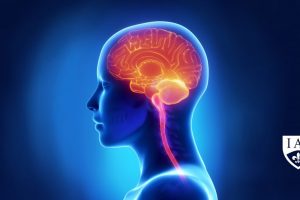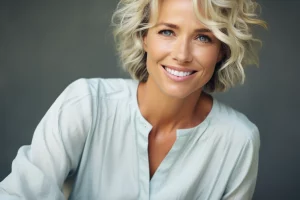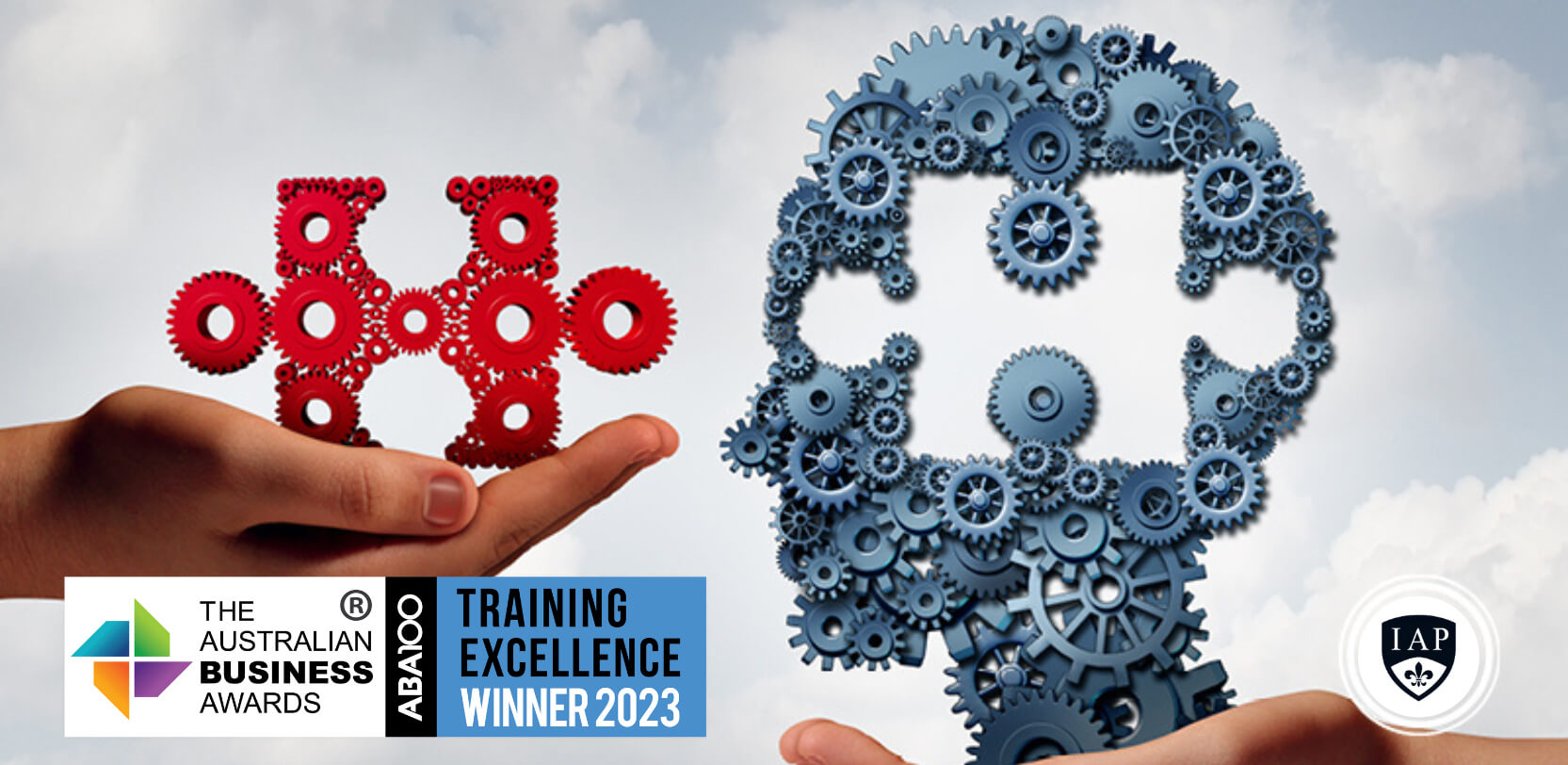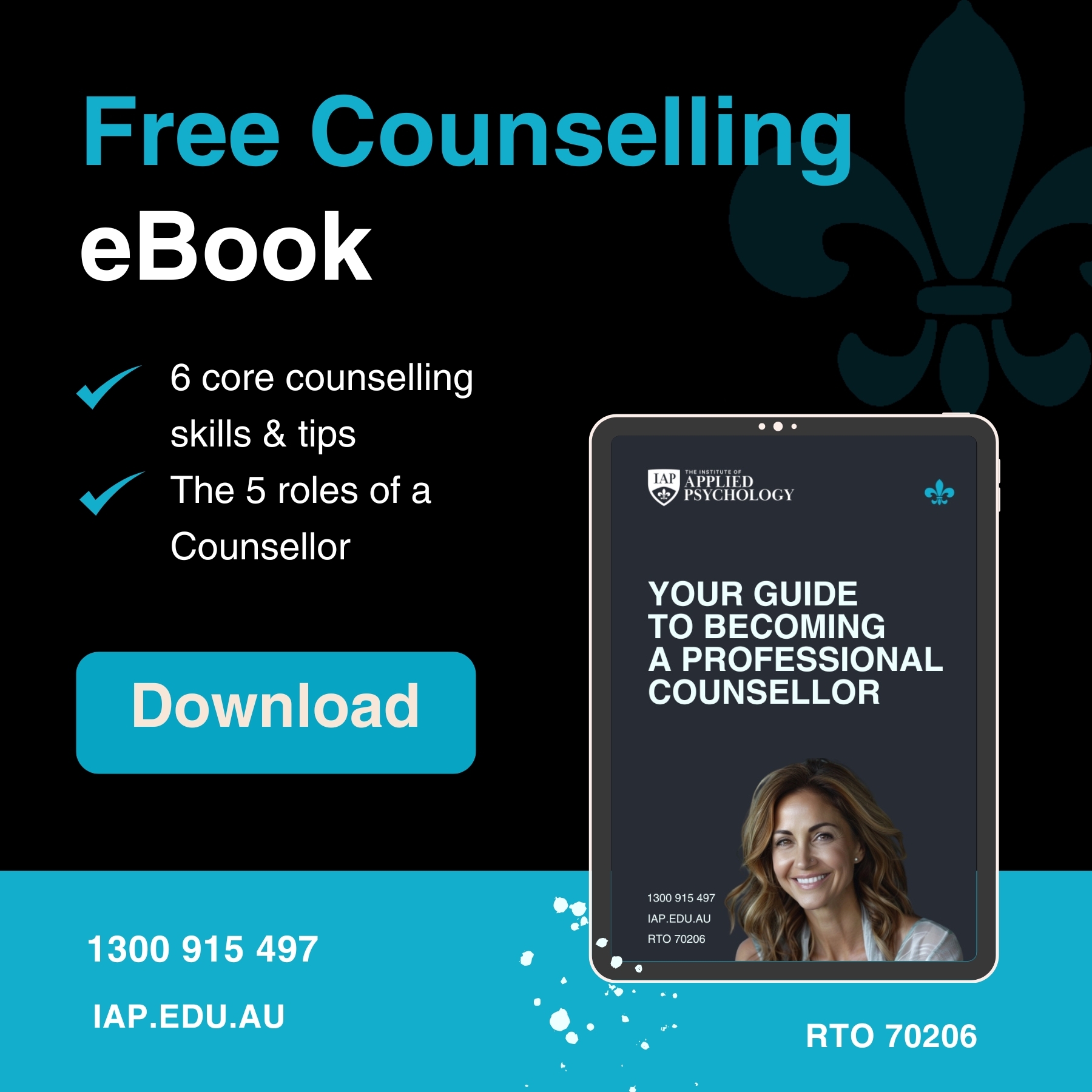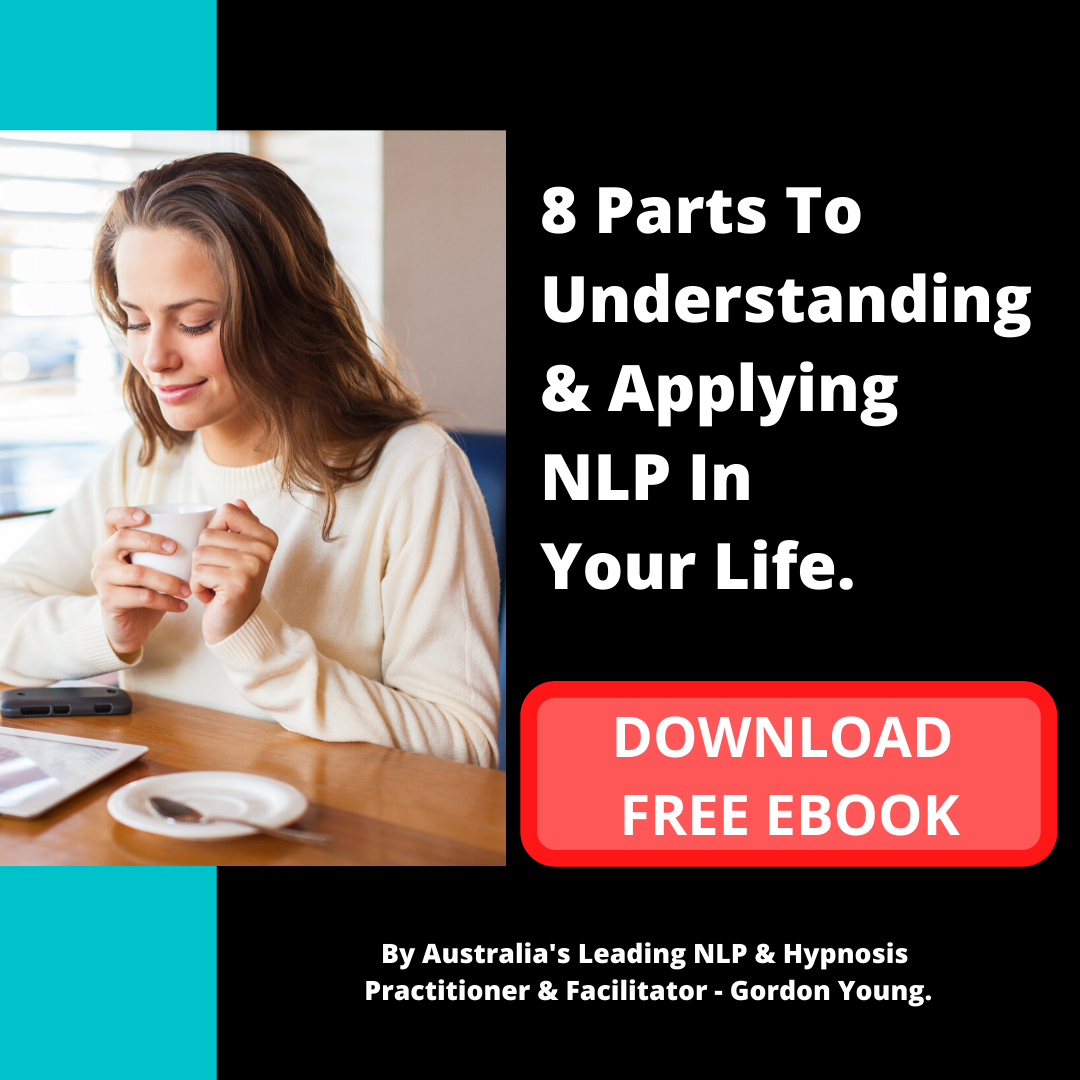6 Ways Counsellors can help with Mental Health, Wellbeing and Domestic Violence
Mental Health, Wellbeing, and the Role of Counsellors in Addressing Domestic Violence
Mental health isn’t just about avoiding illness—it’s about feeling capable, resilient, and connected to ourselves and others. According to the World Health Organization (WHO), mental health means realising our potential, managing life’s stresses, working productively, and contributing to our communities. This definition reminds us that mental health is fluid—it shifts and changes based on life experiences. For many, life circumstances like domestic violence can deeply affect mental health, making the role of counsellors and therapists crucial. They provide guidance, compassion, and practical tools to help individuals on their journey to healing.
Understanding Wellbeing
Wellbeing is more than just feeling happy. It’s a rich and complex concept shaped by factors like cultural background, personal experiences, and life circumstances. Wellbeing isn’t static—it changes with our relationships, work-life balance, physical health, and our sense of belonging.
There are many models used to understand and promote wellbeing. One important model, especially in Australia, is the Social and Emotional Wellbeing (SEWB) model. This holistic framework helps us see how different aspects of our lives come together to create a sense of wellbeing.
The Social and Emotional Wellbeing (SEWB) Model
The SEWB model helps us understand wellbeing as a tapestry woven from different threads—social, emotional, cultural, spiritual, and environmental. In Australia, this model is especially relevant in understanding the wellbeing of Aboriginal and Torres Strait Islander peoples, emphasising the importance of connections to land, culture, family, and community.
According to the SEWB model, our wellbeing is influenced by several interconnected aspects:
- Emotional Wellbeing: This is about understanding and managing our emotions, coping with stress, and feeling good about ourselves. Domestic violence can shake this part of wellbeing, leaving people feeling anxious, fearful, or even numb.
- Social Wellbeing: Social wellbeing is about the relationships and connections we have with others—our family, friends, and community. Domestic violence can isolate people, cutting them off from support networks, which can further harm their mental health.
- Cultural Wellbeing: Our cultural identity and traditions shape how we see the world and respond to challenges. Counsellors need to be aware of this when supporting individuals, especially in sensitive issues like domestic violence.
- Spiritual Wellbeing: Spirituality provides many with a sense of purpose and connection. It can be a powerful source of strength during tough times.
- Physical Wellbeing: Our physical health is closely linked to our mental health. The trauma from domestic violence can show up as physical symptoms, from injuries to stress-related health issues.
The SEWB model reminds us that wellbeing is about more than just avoiding illness. It’s about looking at life as a whole. Counsellors who use this approach can offer more tailored and compassionate support, helping individuals not just survive but thrive.
Domestic Violence and Mental Health in Australia
Domestic violence is a serious public health issue in Australia, and it profoundly affects mental health. According to the Australian Institute of Health and Welfare (AIHW), one in six women and one in sixteen men have experienced physical or sexual violence by a partner since age 15. For women aged 18-44, intimate partner violence is a leading cause of illness, disability, and premature death.
The emotional toll of domestic violence is devastating. Anxiety, depression, and post-traumatic stress disorder (PTSD) are common among survivors. The trauma they experience can often lead to long-term mental health struggles, which require compassionate and specialised support.
The Role of Counsellors in Supporting Victims of Domestic Violence
Counsellors can be a lifeline for individuals experiencing domestic violence. They provide a safe, supportive space where survivors can begin to process their experiences and start healing. Here’s how counselors help:
- Creating a Safe Space
- Assessment and Risk Management
- Therapeutic Interventions
- Empowerment and Self-Esteem Building
- Support and Advocacy
- Addressing Trauma
The Growing Demand for Counselors and Mental Health Therapists in Australia
With increasing awareness of mental health issues and domestic violence, the demand for skilled counsellors is on the rise. According to the Australian Government’s Job Outlook, the need for counsellors is expected to grow significantly in the coming years. This reflects a broader understanding of the importance of mental health support services.
Counsellors trained in trauma-informed care and domestic violence support are especially needed. These professionals play a vital role in helping people heal from long-term mental health challenges and build lasting wellbeing.
Pathways to Becoming a Qualified Counsellor
If you’re passionate about making a positive difference in people’s lives, a career in counseling could be for you. In Australia, one pathway is through the CHC51015 Diploma of Counselling. This qualification offers a strong foundation in counseling theory and practice, with the chance to specialise in areas like grief, loss, or mental health.
The CHC51015 Diploma of Counselling with IAP
The CHC51015 Diploma of Counselling, offered by leaders like the Institute of Applied Psychology (IAP) at iap.edu.au, gives students a comprehensive understanding of counseling techniques, ethics, and strategies. The program provides practical skills for work in community services or private practice.
- Specialisations in Grief and Loss or Mental Health: The program includes specialisations to tailor practice. The Grief and Loss stream supports individuals coping with various forms of loss—an essential part of domestic violence counseling. The Mental Health stream dives deeper into conditions like depression and anxiety, preparing counselors to support clients through complex challenges.
Benefits of Studying with IAP
- Industry-Leading Education: IAP is known for its high-quality education, taught by experienced industry professionals. The course is aligned with industry standards, ensuring graduates are ready for the demands of the profession.
- Practical Skills and Knowledge: Combining theory with hands-on experience, the program gives students the confidence to support clients effectively.
- Pathways to Professional Accreditation: Graduates of the CHC51015 Diploma of Counselling can join the Australian Counselling Association (ACA), the peak body for counselling in Australia, and the International Association for Counselling (IAC), the global peak body. These accreditations provide valuable professional recognition, support, and development opportunities.
Why Accreditation Matters
Accreditation with bodies like the ACA and IAC is essential for counsellors. It means they’ve met rigorous educational and ethical standards. Membership with these organisations offers professional growth, access to resources, and connection to a network of professionals, enhancing career prospects and ensuring ongoing support.
Continued Learning and Professional Development
Counselling is a lifelong journey of learning. Even after qualification, counselors continue to grow through professional development. Institutions like IAP offer courses and workshops to help practising counsellors stay current with emerging trends, like trauma-informed care and crisis intervention.
Making a Difference: The Impact of Skilled Counsellors
Counsellors make a profound impact on the lives of individuals and communities. By providing empathetic, evidence-based support, they help people heal from trauma, rebuild their self-worth, and move toward a more positive future. Their work ripples out, benefiting not just individuals but families, communities, and society at large. Many students go on the pathway of the CHC81015 Graduate Diploma of Relationship Counselling to become a counsellor with a niche focus on relationships and domestic violence.
Conclusion
Mental health and wellbeing are complex, changing parts of our lives, shaped by many factors. The Social and Emotional Wellbeing (SEWB) model gives us a holistic way of understanding these complexities. True wellbeing includes emotional, social, cultural, spiritual, and physical dimensions.
In Australia, domestic violence remains a significant issue that profoundly impacts mental health. Counsellors play a critical role in supporting survivors, offering safe spaces, therapeutic interventions, and much-needed advocacy. By pursuing a structured educational pathway like the CHC51015 Diploma of Counselling with IAP, aspiring counselors can gain the knowledge, skills, and accreditation they need to make a real difference.
If you are interested in becoming a counsellor or learning more, click here to download the brochure or call us on 1300 915 497.




